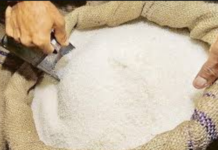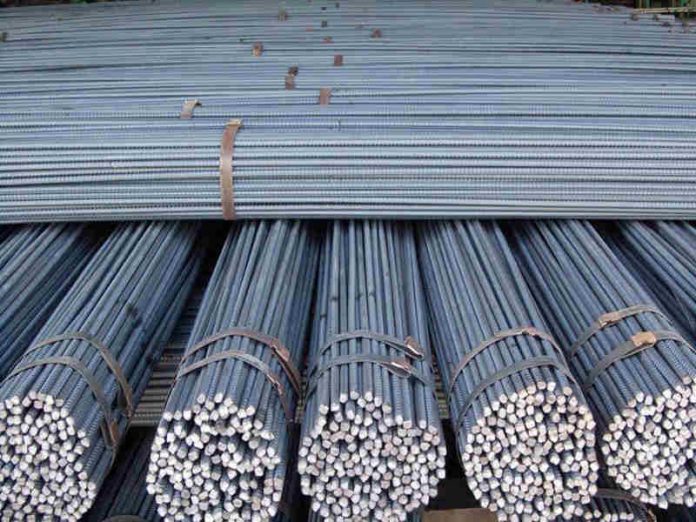LAHORE: The steel sector of Pakistan has responded to the rupee devaluation by raising prices, especially of Cold Rolled Coil (CRC) and Galvanized Coil (GC) by 4.2 per cent on an immediate basis.
Industry sources told Pakistan Today that the prices declared effective from Tuesday have been leading to a cumulative price increase of 8 per cent since December 2017 on both the products. They say the measure was to pass on the cost impact after the recent round of devaluation of 13.4 per cent in the rupee since December 2017.
However, sources did not rule out a further price increase in the coming months of all steel products to sustain margins post-drawdown of older inventory. Whereas, on the other hand, international primary margins (CRC-HRC) are going down reaching 3.6 per cent at around $63 per ton after the recent tariffs imposed by the US government on flat steel and aluminium imports.
LCCI former senior president and a prominent name in the steel sector, Kashif Younis Meher said that the price rise was obvious in the circumstances as the sector depended on the import of raw material and coal. He said the sector was already taking a hit. He admitted that the sector could not get a clear leadership, enabling it to provide the much-needed vision and provide directions to the sector.
Moreover, Pakistan’s steel industry, he said, is characterised by small plants, most of which are utilising obsolete technology and these products cannot compete with cheaper imports, particularly from India and China – where manufacturers enjoy benefits from economies of scale and more efficient production processes. The domestic industry, therefore, operates at only 60 per cent of its installed capacity, despite strong local demand for steel products. The healthy growth of 24.8 per cent in steel production during FY15 was associated with a 34 per cent increase in quantum imports of iron and steel scrap (at a cost of $2.6 billion).
Kashif pointed out that downstream industry had been suffering a lot as the governments stayed unfocused on developing and supporting sector, especially mini steel mills which require less capital investment throughout the country.
Pakistan’s steel industry comprises a complete and a closely intertwined value chain – from pig iron furnaces to downstream sectors and end-user industries. There are at least 600 players in the industry,
“If investment and domestic production in the country fail to keep pace, the additional demand for steel will have to be met by imports, putting an additional burden on the country’s balance of payments,” Kashif Mehar added.
He said that policy should have been identifying segments in the steel chain that needed protection at the initial stage; define and enforce quality and performance standards; and ensure fair competition in the market. In addition, this policy should also consider the level of protection available to steel manufacturers in Pakistan’s competitors, especially China and India.
According to reports, steel consumption have increased at a faster rate following huge quantities of steel requirements to build basic infrastructure.
























